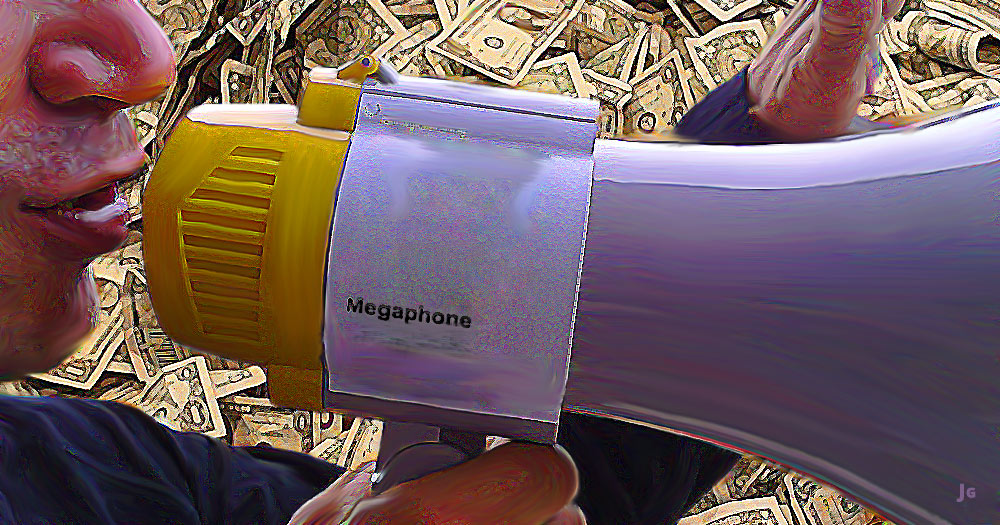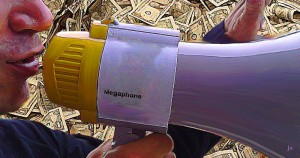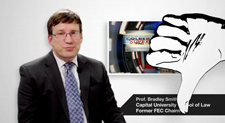Last Saturday, The Washington Post’s top-of-the-front-page headline blared, “50 donors with outside impact.”
If that doesn’t curdle your blood, readers were further warned of a new “Gilded Age.” Yes, in concentrated fundraising the Post heard “echoes of the end of the 19th century, when wealthy interests spent millions to help put former Ohio governor William McKinley in the White House.”
McKinley. The horror. The echoes.
Hopefully, self-immolations can be kept to a bare minimum as Americans discover the report’s main (only) thrust: 41 percent of $607 million contributed to 2,300 super PACs this election cycle has come from just 50 donors … at least, if you also aggregate gifts from the relatives of these 50 folks and their business interests as well.
Isn’t that terrifying? Destructive of democracy? Are our elections simply being bought by the billionaires?
No. No. And no.
Any common sense analysis of this year’s presidential contests, both Republican and Democrat, must acknowledge that big money did not trump. Pun intended. Sen. Bernie Sanders is now outraising Hillary Clinton with millions of small donations — not “millionaires and billionaires.” Jeb Bush’s massive financial warchest made no discernible difference. Even the Post concedes “the mixed impact that big-money groups have had on the presidential contest so far.”
Mixed? Name a single state where “big spending” determined the outcome.
Ideas matter. And securing the resources to advance and advertise ideas obviously matters, too. Same goes for candidates — and their ideas.
More money, more campaign spending, means more ideas and candidacies can reach the political marketplace. That’s where voters, not big donors, do the deciding.
This is Common Sense. I’m Paul Jacob.
Common Sense Needs Your Help!
Also, please consider showing your appreciation by dropping something in our tip jar (this link will take you to the Citizens in Charge donation page… and your contribution will go to the support of the Common Sense website). Maintaining this site takes time and money.
Your help in spreading the message of common sense and liberty is very much appreciated!


